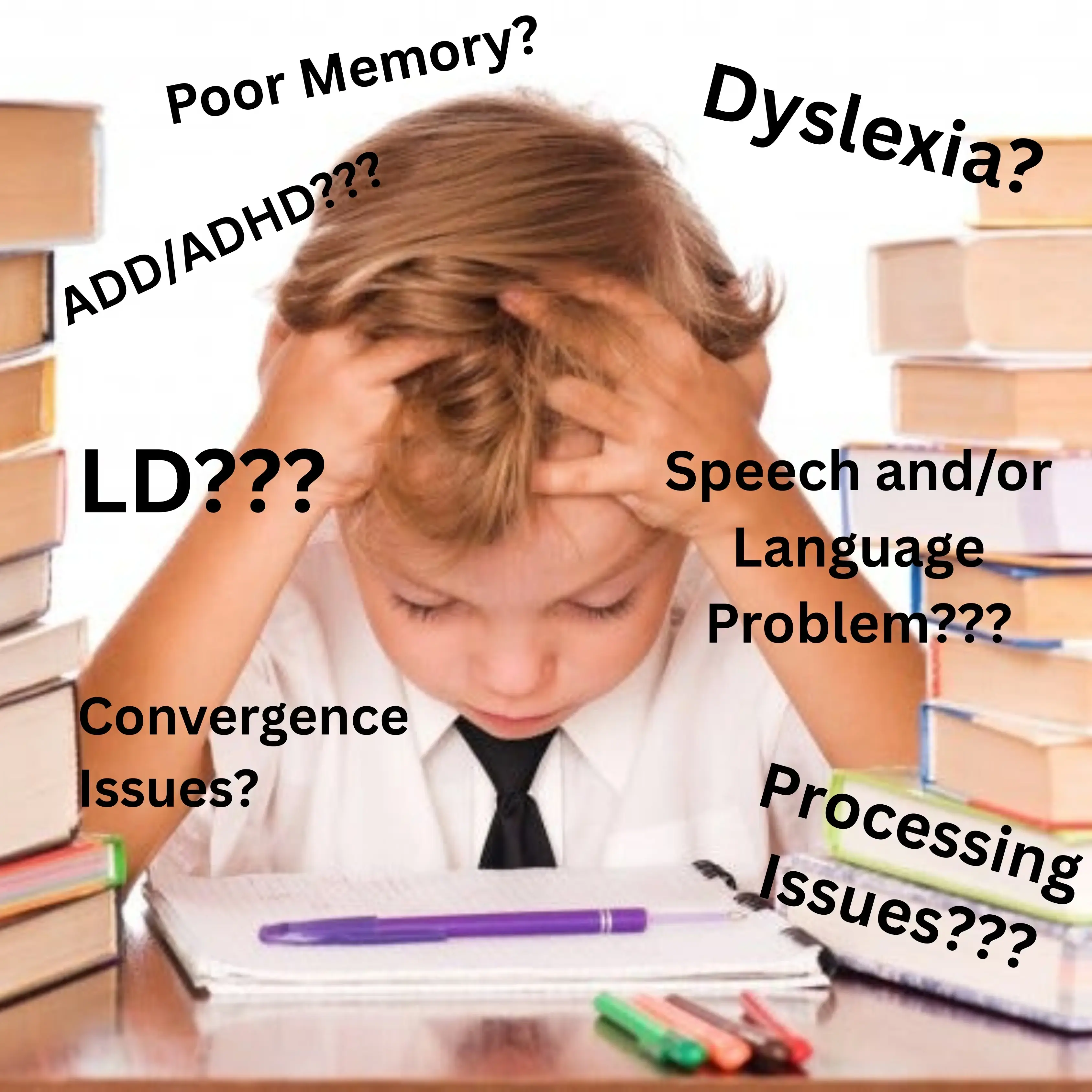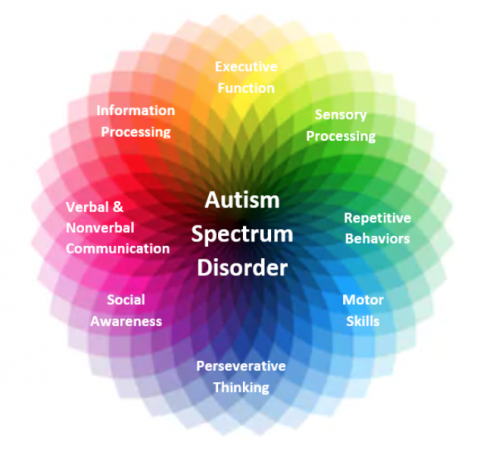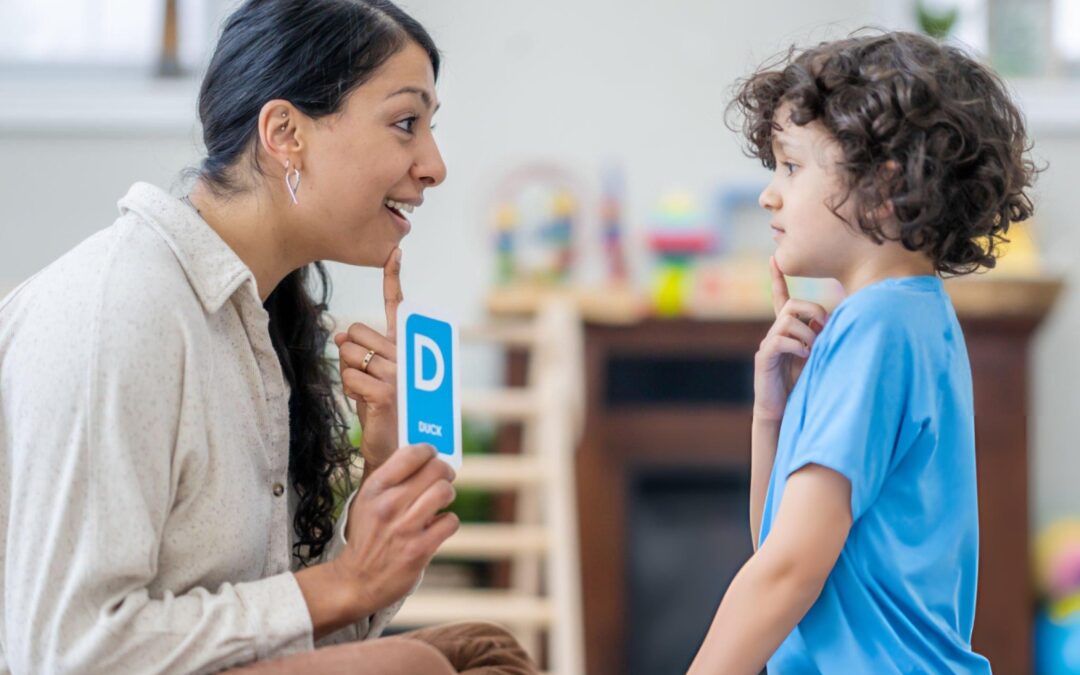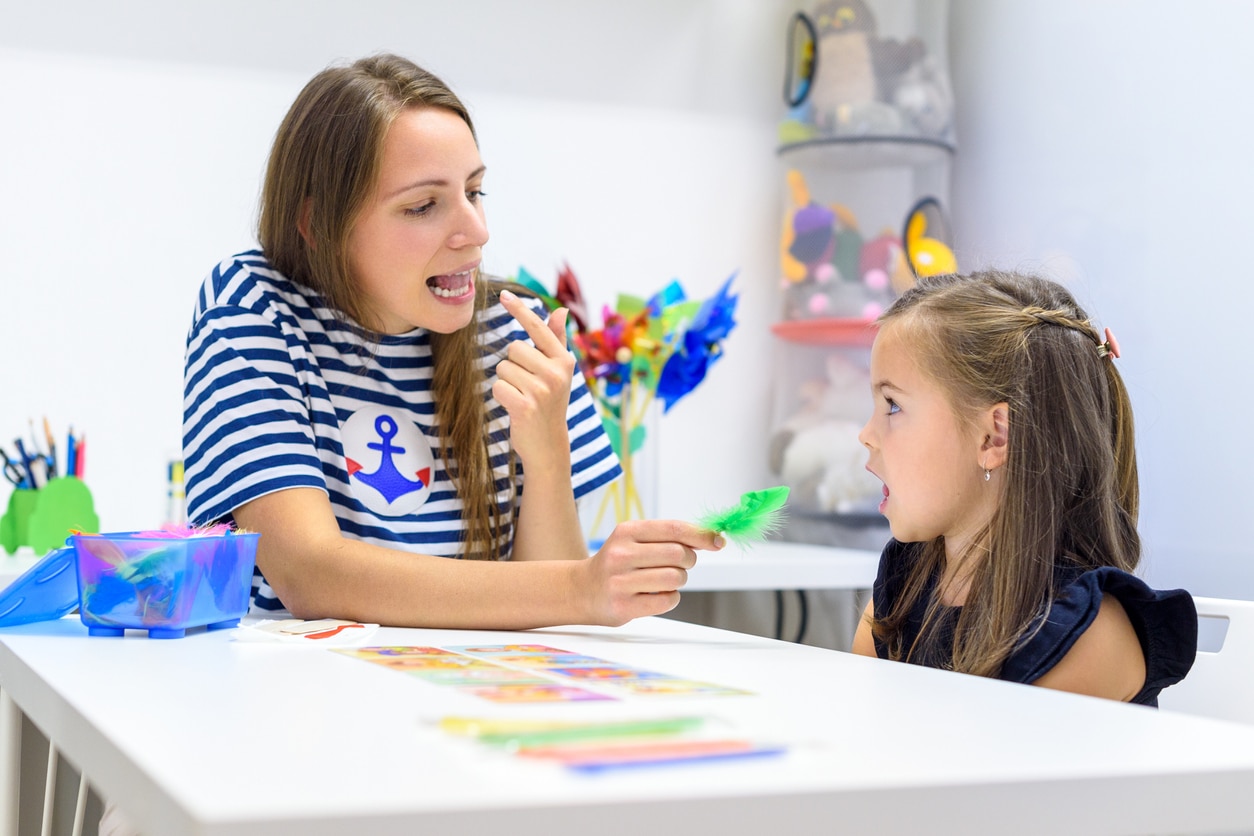.webp)
Assessment and Therapy Process
Below are the 3 main Assessment and Therapy Processes:
Formal Assessment With The Help of Disorder Specific Proforma's
Skills are compared to age norms using words, pictures, and toys, categorizing delays as mild, moderate, or severe. It's required for detailed reports.
Administration of Standardized Assessment Tools (PRAAT, 3D-LAT, REELS, CARS, etc.)
Validated tools are used to assess various aspects of speech, language, and cognition. These tools provide objective data, support accurate diagnosis, and guide therapy planning based on measurable outcomes
Evidence Based Therapeutic (Speech Therapy) Approaches
using therapy methods that are backed by research, clinical expertise, and patient needs. The goal is to apply proven techniques to get the best outcomes for each individual.










